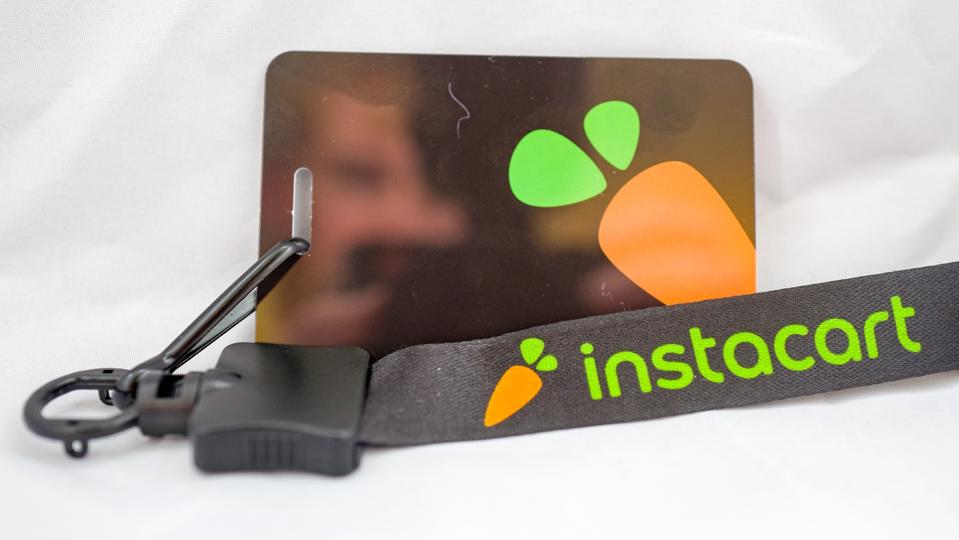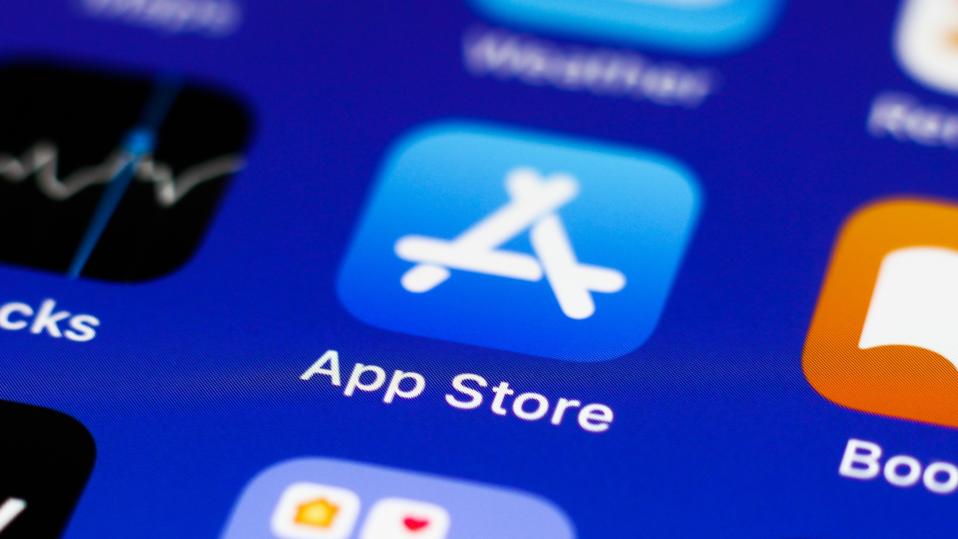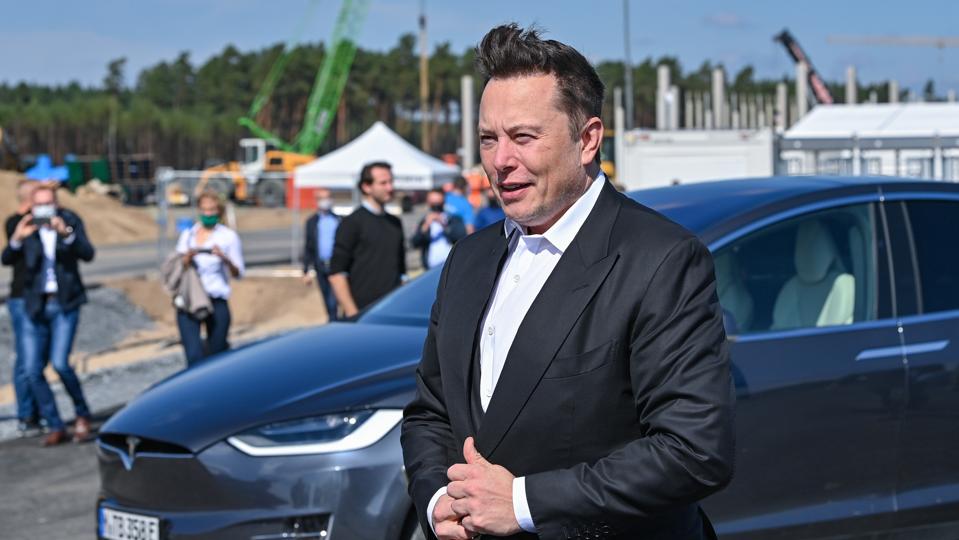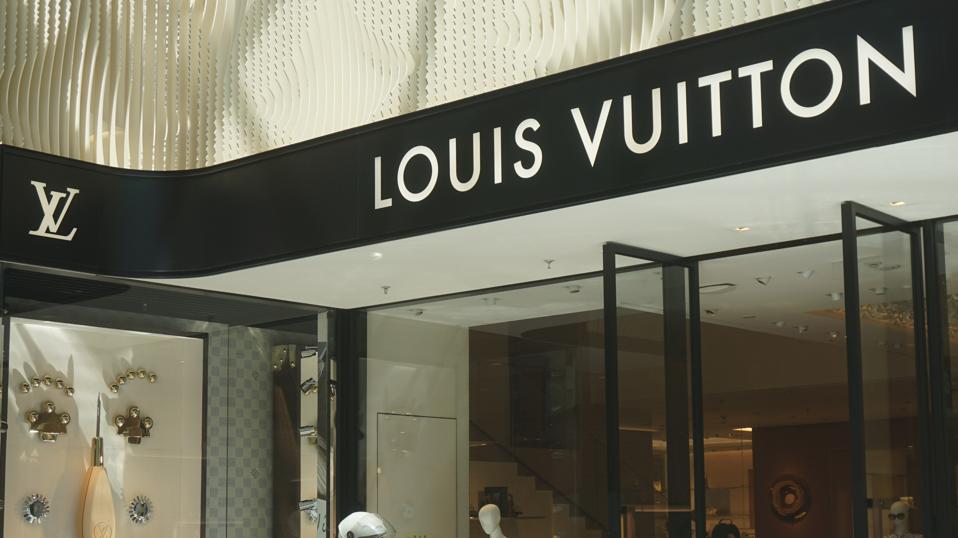Instacart’s flashy initial public offering Tuesday gave some of its early investors a massive victory, but funds who entered at Instacart’s inflated mid-pandemic valuation were still left holding the bag.

Instacart shares exploded as much as 40% in its first trading session.
Getty Images
Key Takeaways
- The grocery delivery startup priced its IPO at $30 per share, indicating a $9.9 billion starting valuation, though a 12% rally in its first trading session Tuesday sent Instacart’s market capitalization to over $11 billion.
- Still, Instacart is trading far below the infamous March 2021 funding round which valued it at $38.5 billion, pricing shares at $125, according to the Information.
- The firms leading the pricy 2021 funding round—Andreessen Horowitz, D1 Capital, Fidelity, Sequoia and T. Rowe Price—have suffered unrealized losses of roughly 73% from their respective investments two years ago, if they retained their stakes in the company.
- The Wall Street Journal reports T. Rowe Price and venture firms DST Global and General Catalyst each invested $50 million or more in Instacart at valuations far richer than its IPO price, citing filings and unnamed sources, potentially leading to unrealized losses of at least 35%.
- Yet, there are still some high-profile winners emerging from Instacart’s IPO, namely participants in an $8.5 million Series A funding round in 2013 led by Silicon Valley venture capital firm Sequoia at $0.24 per share: $8.5 million invested at that share price is now worth about $1.2 million, representing a roughly 14,000% gain.
- It’s not clear how much of that 2013 funding was provided by Sequoia, which is the largest shareholder in Instacart, controlling 18% of the company, or a $2 billion stake, following infusions at share prices from $0.24 to $125 spanning from 2012 to 2021.
- Canaan Partners, Khosla Ventures and Y Combinator also got in on the ground floor at Instacart, providing seed capital during the company’s first year of operations, 2012, though it’s unclear what stake the firms retain as they own less than 5% of Instacart shares.
- All three of Instacart’s cofounders cashed in as part of the IPO: Brandon Leonardo and Maxwell Leonardo sold 1.5 million of their 7.8 million shares, each pocketing about $43 million at the $30 IPO price, according to regulatory filings, while Apoorva Mehta sold 700,000 of his 28.9 million shares, netting $21 million.
Surprising Fact
All investors who invested in Instacart during its 2015 series C funding round or later would have netted stronger profits by investing in the Nasdaq Composite index, according to the Journal. Excluding dividends, the tech-heavy Nasdaq is up 190% since January 13, 2015, the day Instacart announced its Series C funding round at $13.31 per share, an implied return of about 160%.
Key Background
Instacart filed for IPO last month after years of rumors. Mehta, who was Instacart’s CEO for its first nine years of operations, exited the company’s board upon its IPO. D1 Capital chief investment officer Daniel Sundheim and Sequoia partner Ravi Gupta, both Instacart board members, are the largest individual shareholders in the company, owning $1.3 billion and $1.8 billion respective stakes.
Tangent
Instacart is a rare “down round” IPO going public at a far lower valuation than it fetched during prior private financing. Instacart is a “one-off” debutante considering its long flirtation with an IPO and depressed valuation, according to David Erickson, a professor at the University of Pennsylvania’s Wharton School of Business who previously headed Barclays and Lehman Brothers’ equity capital markets teams. If the IPO market is to restart, other companies will need to get “comfortable” with similarly cool valuations compared to their boom-time prices during 2020 and 2021’s friendlier market, Erickson said in an interview with Forbes last week.
This article was originally published on forbes.com and all figures are in USD.


